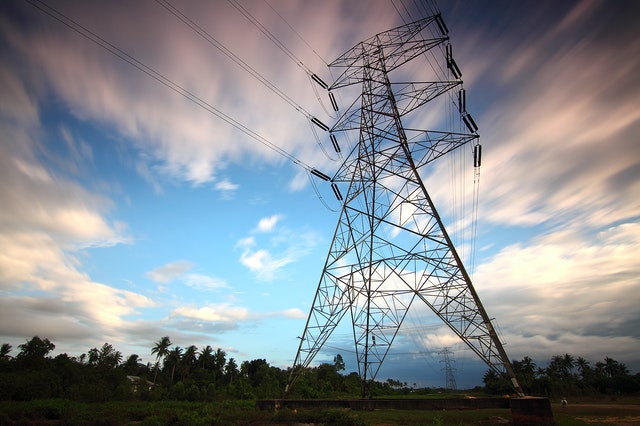When it comes to business energy tariffs and deals, they are not quite as straight forward as what the domestic rates are. Equally, if you ever need to change the tariff or the provider of your business energy, you will also experience that this is not a simple process. The main ways in which it differs to domestic energy are listed below.
- Off the shelf solutions do not exist – with domestic energy, you are able to easily look at and compare all of the different tariffs that are currently available on the market from the various suppliers. However, when it comes to looking at business energy and comparing deals, it does not quite work the same way. Instead of this, the energy provider assesses each business in order to see what their individual needs are and produces a one off quote based on these findings. Whilst this provides more certainty over exactly what a business will be paying each and every month for their energy, it makes the process of comparing tariffs much more difficult. However, there are websites out there that do all for business energy comparison to be done.
- Contracts are typically longer – whilst both variable and fixed rate tariffs are available to businesses, the length of term that these are agreed to are typically much longer and can even go for as long as five years. Until the renewal window is reached, a business is not able to search around for deals with other energy providers. This window usually comes into effect anywhere between six to one month before the contract comes to an end.
- Rates are usually cheaper – because business energy is purchased in bulk by the providers, it means that it can be offered to those using it at a much discounted rate. This is in contrast to domestic energy that is purchased in much smaller amounts by the providers each and every month. However, because enough energy is purchased to see a business out for the entirety of their contract, it means that if they want to leave before this date, it is not an easy or cheap thing to do.
- No dual fuel option – unlike as is the case with pretty much all domestic energy providers, there are no options for businesses to take out a single deal with an energy provider for both their electricity and gas usage. This is unfortunate as often this is a way for domestic customers to save a great deal of money. Because of this fact, businesses have to hunt around for separate deals for both their electricity and gas.
- Cooling off periods do not exist – when signing up to a domestic energy deal, you will have a two week cooling off period, which means that during that time, you are able to cancel the contract without being penalized for doing so. This does not exist with business energy deals, meaning that once a business has signed a contract, that is it, there is no going back without being penalized for doing so.





